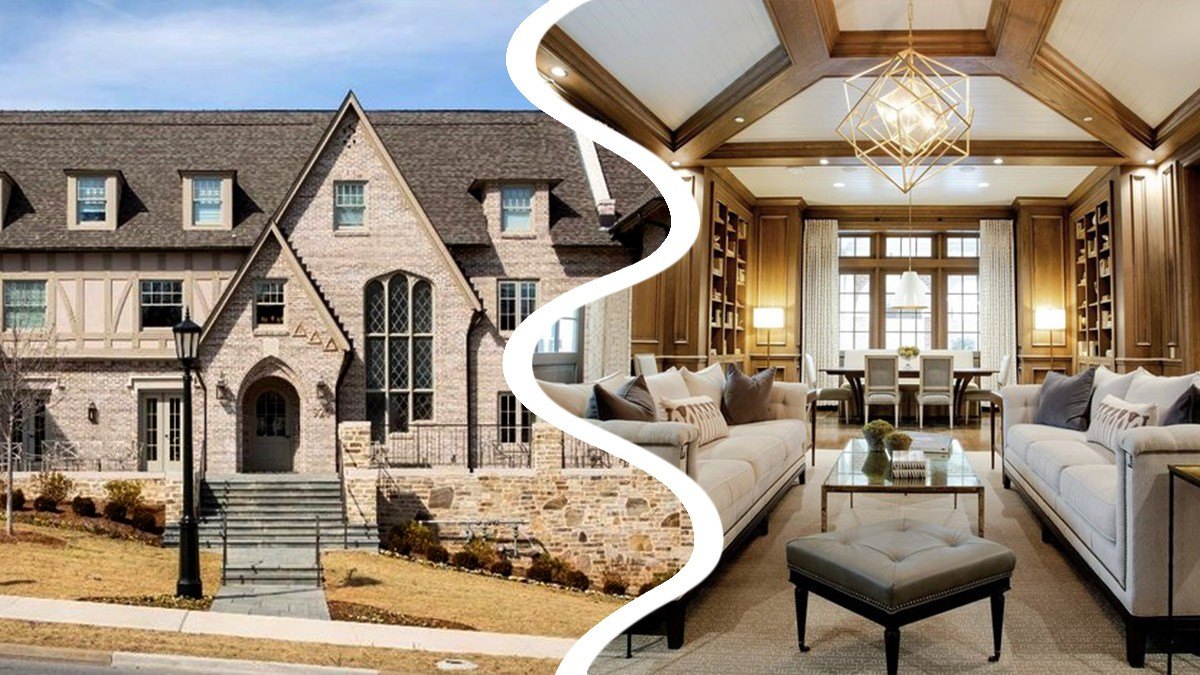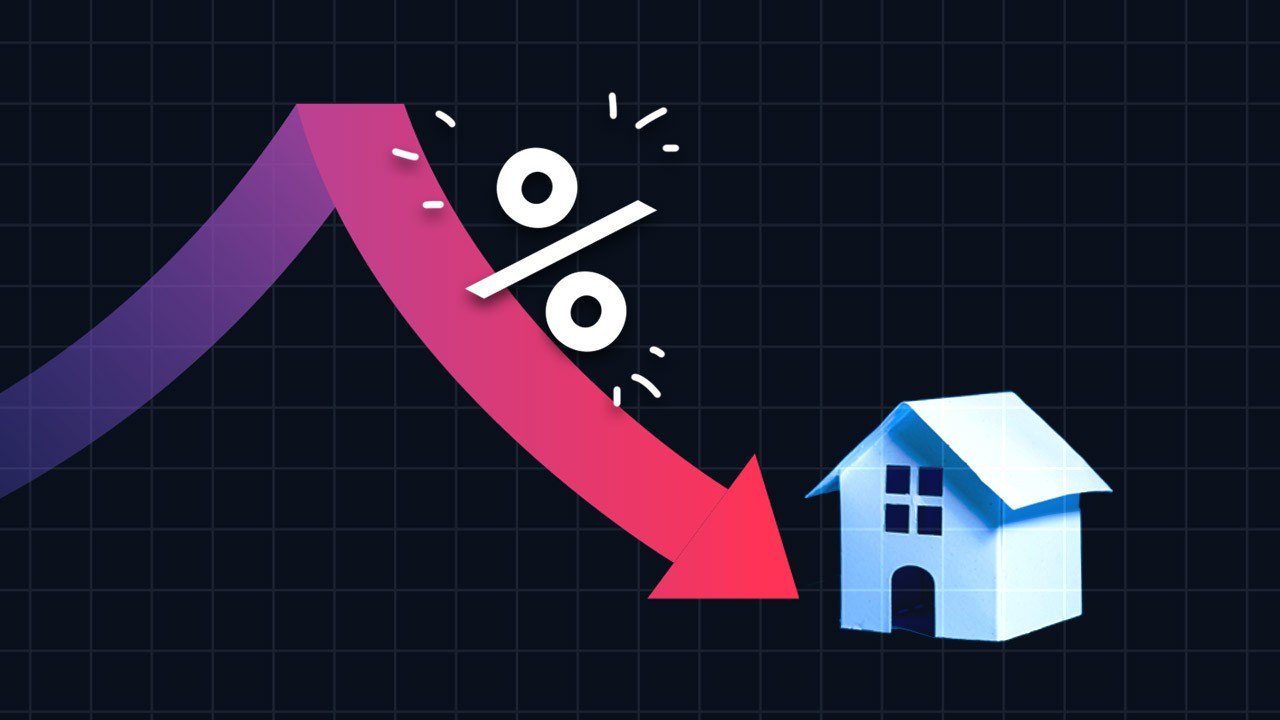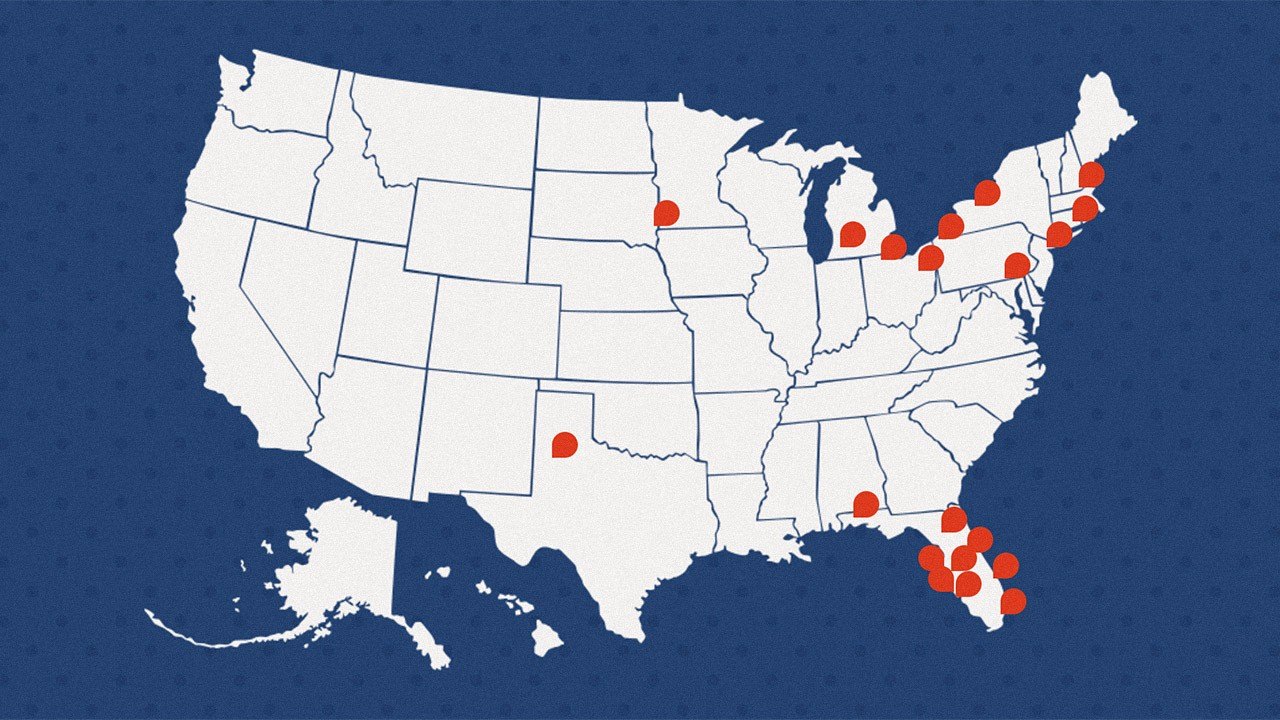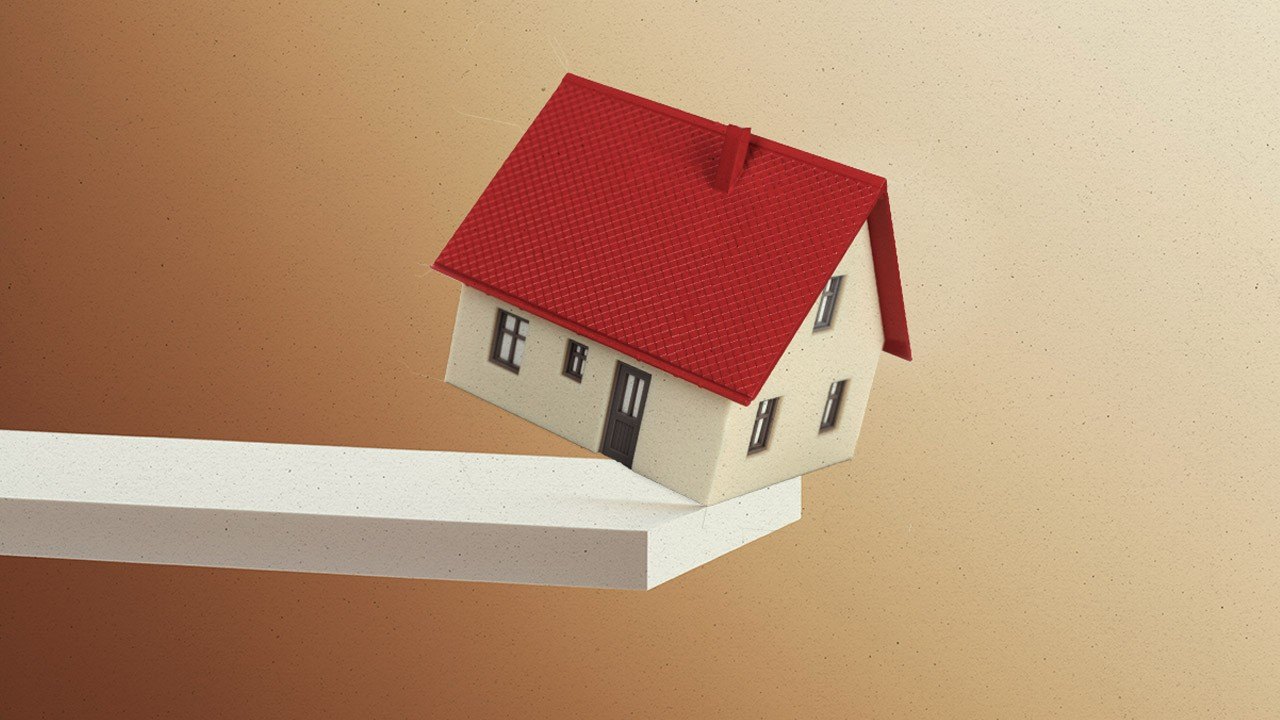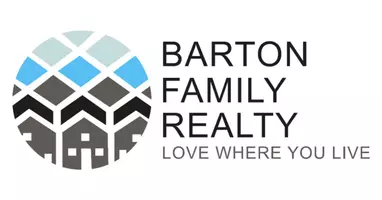I Bought a House in Detroit for $1,800: How a Once-Bankrupt City Has Become an Investor’s Paradise

Julie Taylor
Chase C. Hunter became a real estate investor in Detroit in an unusual way. She searched for “best places to buy cheap properties” on Google.
At the time, Hunter was living in Houston and was curious to see where she could afford to invest in real estate on a limited budget. After searching online, she decided the Motor City certainly seemed to fit the bill, with sites like the Detroit Land Bank Authority selling vacant “as is” properties for as little as $1,000.
Despite her reservations, Hunter pulled the trigger.
“I closed on my first two properties the same day in June of 2021,” she says. “The day I closed was my very first time in Detroit.”
Her first property cost $2,000, the second was $1,800. Since then, Hunter has purchased a total of eight Detroit homes. She’s transformed one property into her office, while renovating and renting out the others.
She permanently moved to the city last year to have “boots on the ground” near her investments.
“The market can be a challenge to navigate if you aren’t here every single day,” she explains. “Buyers have to know the culture of Detroit to understand how to invest here.”
Hunter is so passionate about the Detroit market, she became a real estate agent 10 months ago and is launching a real-estate investment group to help others buy and rehab homes in Detroit like she has.
“Investors come to Detroit from all corners of the country because the market is like no other,” says Hunter.
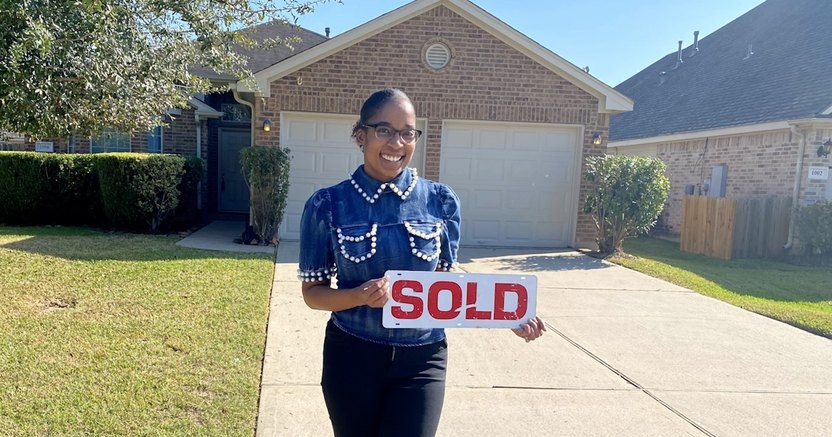
Chase C. Hunter
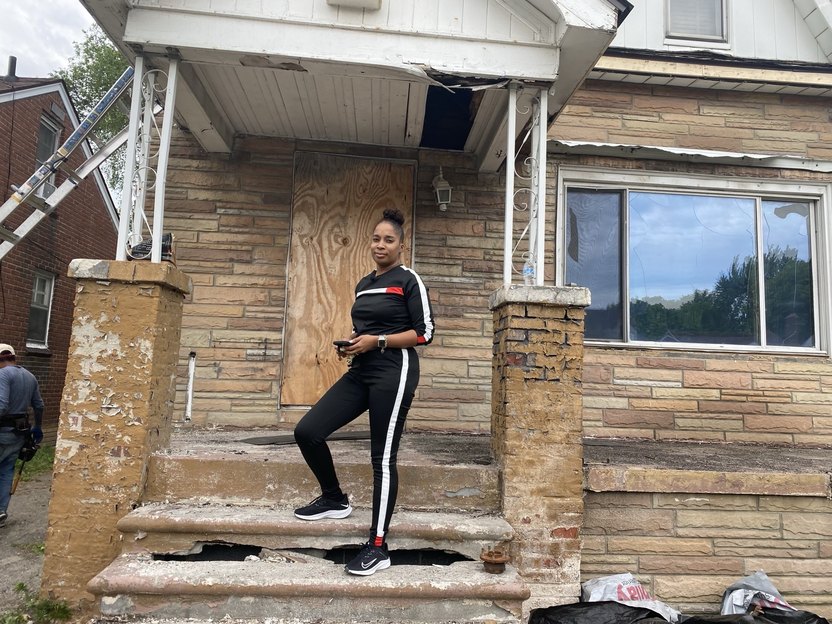
Chase C. Hunter
Detroit bounced back from bankruptcy to ‘real estate boomtown’
In 2013, Detroit infamously filed for bankruptcy, becoming the largest municipal filing in history with $20 billion in debt. But since then, the Motor City has rebounded in a major way, with The Wall Street Journal calling it “America’s most unlikely real-estate boomtown.”
Real estate prices bottomed out in the area in 2009, at a median sale price of $58,900. Since 2009, however, sale prices have climbed annually each year to land at $217,100 in 2023—an impressive 113.3% higher than the median sale price 10 years earlier.
“Buyers, including investors, took advantage of low home prices in the area over the last decade, bringing energy and funds into the city,” says Realtor.com® senior economic research analyst Hannah Jones.
As of the latest data in May 2024, the median sales price in Detroit was $250,000—10.5% higher than just a year earlier. However, Jones points out that “even after substantial price growth, the median sales price in Detroit was still [much] lower than the national sale price.”
The latest figures put the median listing price across the U.S. at $439,950.
Detroit’s spectacular comeback has inspired documentaries like “Gradually, Then Suddenly: The Bankruptcy of Detroit,” which explores the area’s rise, fall, and revival. Reality TV has also highlighted Detroit’s turnaround with shows like HGTV’s “Bargain Block.” It follows two Detroit real estate investors as they buy abandoned properties and transform them into stylish starter homes.
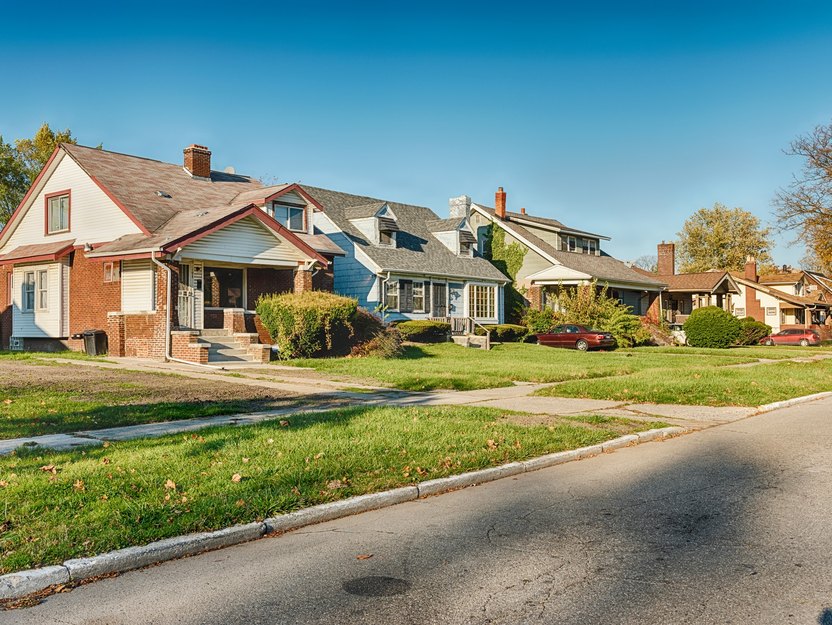
Getty Images
The challenges of investing in Detroit
But while Detroit’s real estate might be cheap, that doesn’t mean it’s easy to turn a profit there.
Purchasing property in the Motor City often comes with expensive strings attached, such as back taxes or the need for extensive rehabilitation. Even though Hunter’s first property cost just $2,000, she had to invest $85,000 on renovations before it was ready for renters. Renovations on her $1,800 home, which she converted into her office, cost $130,000 because she encountered issues with the water lines.
Since rehabbing her first two properties, Hunter now spends more upfront on homes so she’ll have to spend less on the back end.
“I used to buy major rehabs that I’d have to repair from roof to basement; but at this point, I focus on things I can turn over pretty quickly such as cosmetic rehabs,” she says. “I look for homes in the $80,000 range, because you spend less on repairs.”
Her renovations now usually cost anywhere between $5,000 and $10,000.
Before bidding on a Detroit investment property, Hunter looks at the structure “for the potential it has—square footage, location, and dollar amount for repairs.”
She typically uses business credit cards to fund all of her repairs and renovations. When it comes to getting renovations done, Hunter carefully vets everyone she works with.
“People will try to take advantage of you, especially if they know you don ‘t live here,” she warns.
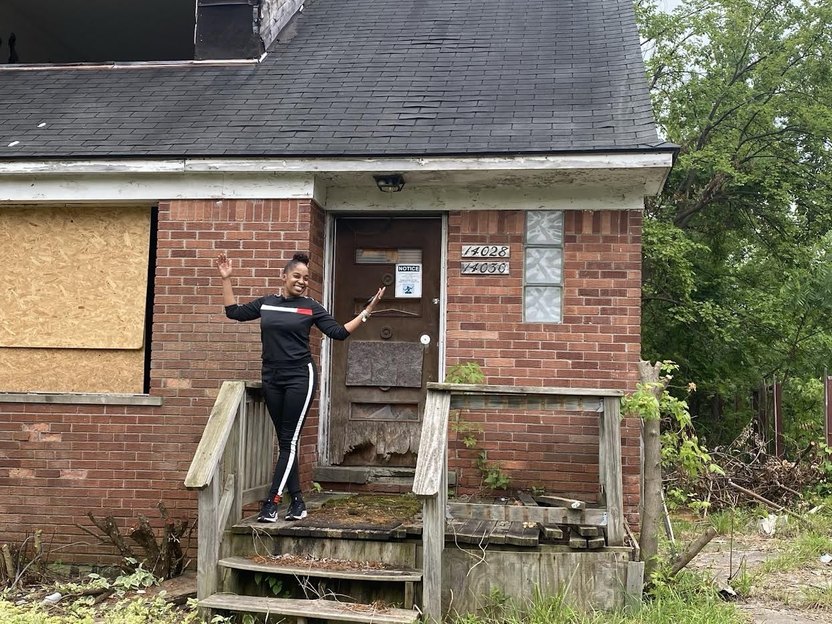
Chase C. Hunter
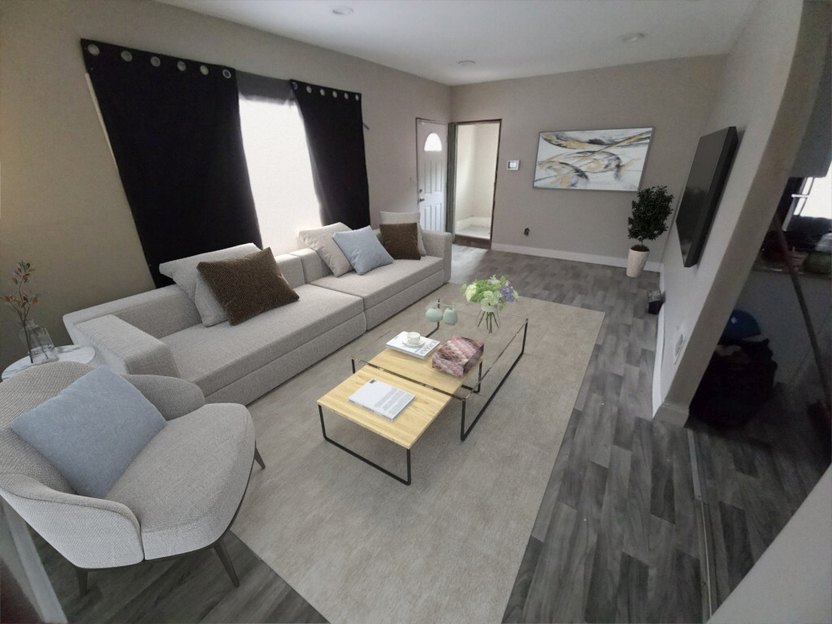
Chase C. Hunter
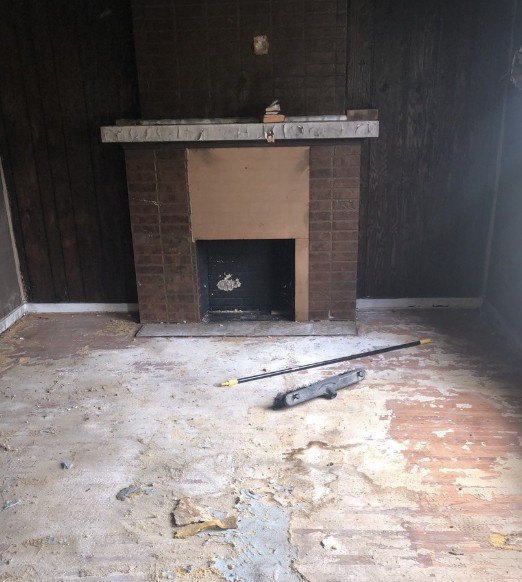
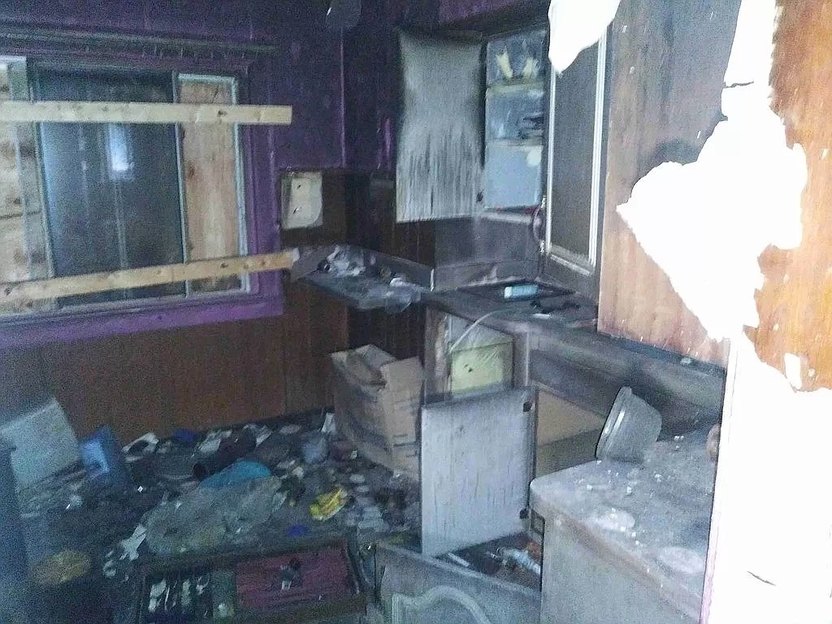
Chase C. Hunter
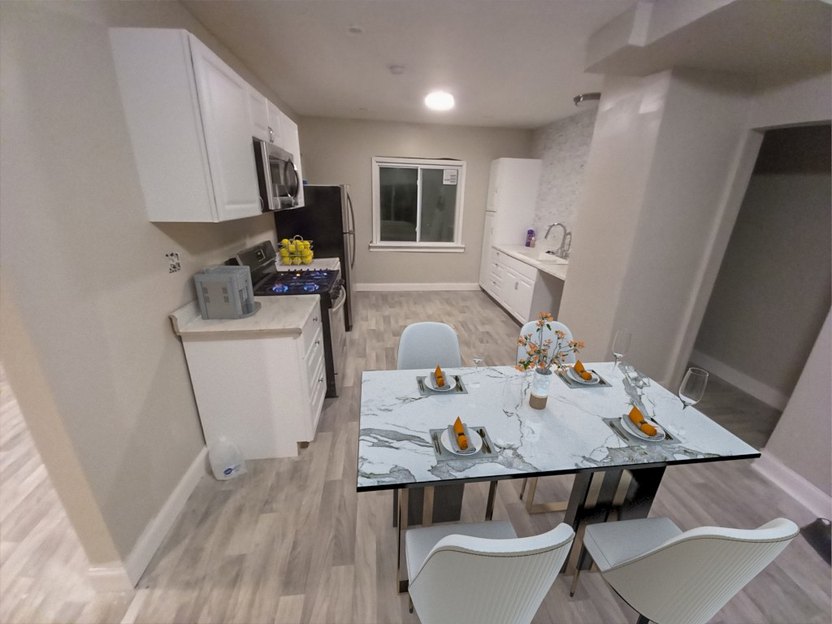
Chase C. Hunter
But is Detroit safe?
The actual homes aren the only challenge for Detroit real estate investors. The surrounding neighborhoods can be an obstacle, too.
“Crime is definitely still a major challenge,” Hunter admits. “It can deter you from buying here for sure.”
Yet things are improving: Last year, Detroit had its lowest crime rate in 57 years.
Hunter protects her properties with top-notch security systems and advises her clients to do the same. She also does her homework on a neighborhood before buying a property, with safety in mind.
“I avoid really bad areas that would be unsafe for single mothers and children,” she says. “If a property doesn’t function well for a family, I move on.”
Some of the most up-and-coming neighborhoods in Detroit are Morningside, Bagley, and Warrendale, according to Realtor.com®.
Despite crime problems in certain areas, Hunter was pleasantly surprised to find that Detroit is a close-knit city.
“Neighbors here keep an eye on things for you,” she says. “One of my favorite neighbors passed away last year, and he would call me if my tenants were doing anything out of line. His daughter does that for me now.”
That strong sense of community is one of the reasons Hunter wants to keep investing in the booming metro.
“Most of my neighbors have become my family,” she says.
Categories
Recent Posts
